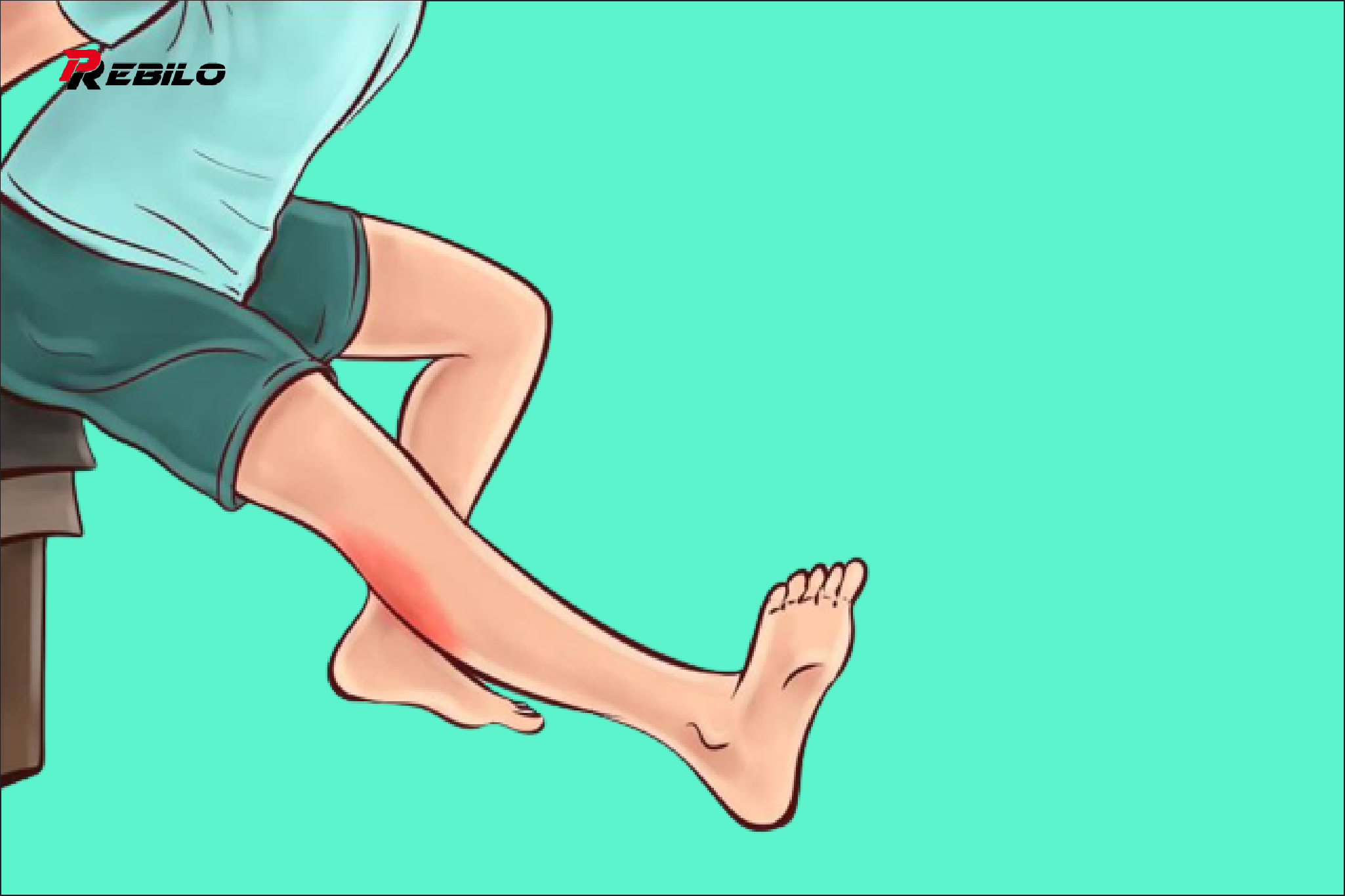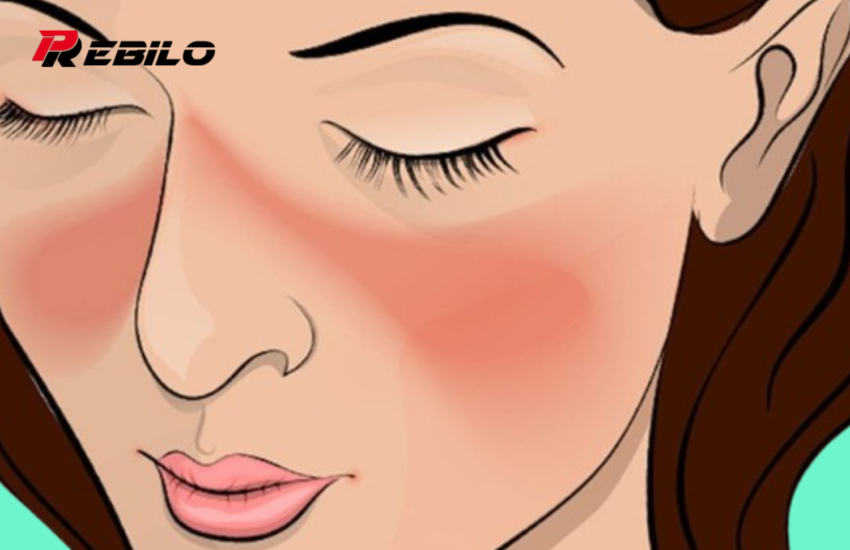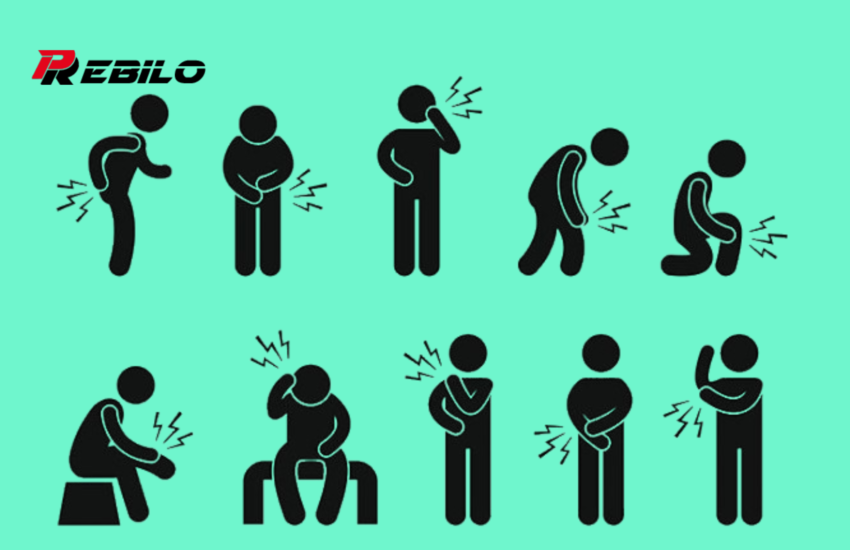Here’s why your legs cramp at night (and how to prevent it from happening again)
Nighttime leg cramps usually occur in the calves, feet, and thighs, and last from a few seconds to several minutes. After a cramp, muscle pain may persist. This phenomenon affects both men and women, and occurs more frequently in adults over the age of 50.
It is important to distinguish between nocturnal leg cramps and restless leg syndrome (RLS), as both occur during the night but have distinct characteristics:
Restless legs syndrome (RLS) does not cause cramping or pain, whereas leg cramps do.
RLS is characterized by a crawling sensation in the legs.
RLS forces leg movement, while leg cramps impede movement.
Moving the leg can relieve the discomfort of restless legs syndrome, but it will not help during a cramp.
The exact cause of leg cramps is often unknown, but possible triggers and risk factors include:
Long periods of improper sitting.
Excessive muscle strain.
Extended periods of sitting.
Work or stand on hard surfaces such as concrete floors.
Other factors and conditions can contribute to leg cramps at night, such as dehydration, pregnancy, flat feet, diabetes, alcoholism, Parkinson’s disease, medications such as diuretics, statins, and beta agonists, as well as neuromuscular disorders.
Prevention and treatment of nocturnal leg cramps depends on the underlying cause. For example, if dehydration is a factor, staying well hydrated throughout the day is essential. Additional therapeutic and preventive measures include:
Take a warm bath before bed to relieve muscle tightness.
Stretch your legs before bed.
Consider using horse chestnut to improve blood flow to the legs.
Wear comfortable, comfortable shoes and avoid high heels.
Do water aerobics to strengthen your leg muscles.
Apply a heating pad to the affected area.
Explore acupuncture as an option for muscle relaxation.
Ensure that there is no deficiency in potassium or magnesium, as this deficiency is linked to cramps.
When a cramp occurs, it can be debilitating, but knowing how to manage it can provide relief and reduce post-cramp soreness. Here are some tips for dealing with nighttime leg cramps:
Sit on the floor with your legs extended in front of you. Bend your feet at the ankles and point your toes toward your knees.
Get up and take a short walk.
Gently massage the affected area in a circular motion.
Make sure your sheets and blankets are not too tight, which can lead to leg muscle cramps.
Consider eating a tablespoon of yellow mustard to relieve discomfort.


